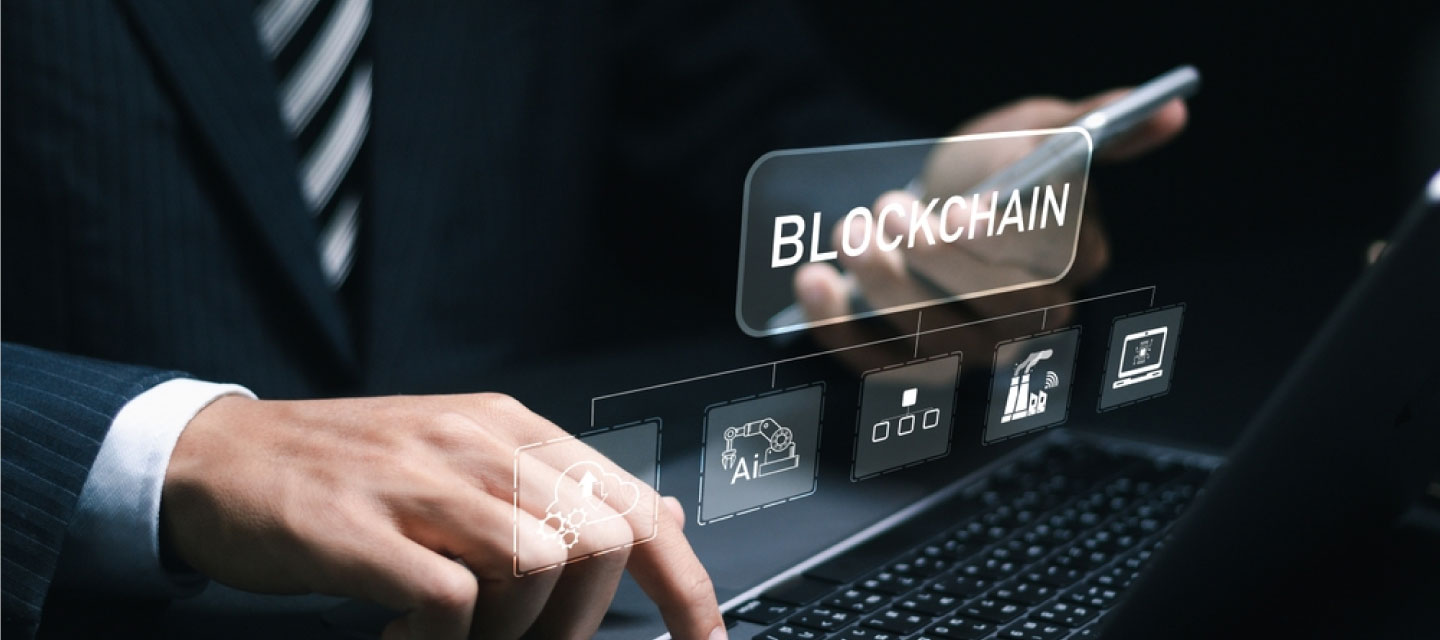Integrating blockchain into the Internet of Things (IoT) offers a groundbreaking solution to enhance security and boost operational efficiency. In this article, we explore the complexities of this blockchain integration, examining its effects on different industries and discussing the obstacles and possibilities it presents.
Introduction to Blockchain Integration in IoT
What is Blockchain?
Blockchain is a fascinating technology that enables secure and reliable transaction recording across multiple computers. It operates on a decentralized and distributed ledger system, ensuring the integrity and security of the exchanged data. Every block in the chain includes a timestamp and a reference to the preceding block, resulting in a sequential and unchangeable record.
What is IoT?
The Internet of Things is all about the interconnected network of devices that are embedded with sensors, software, and other technologies. This allows them to collect and exchange data seamlessly. IoT has been widely adopted in various industries such as manufacturing, healthcare, transportation, and agriculture.
Importance of Integration
Integrating Blockchain with IoT brings an added layer of security and transparency that is often missing in traditional centralized systems. With the power of Blockchain’s decentralized architecture, IoT devices can ensure secure recording and verification of transactions, thereby boosting data integrity and reducing risks.
Vulnerabilities
IoT devices can be prone to cyberattacks because of inadequate security measures, leaving them vulnerable to hacking and data breaches.
Centralized Systems
Centralized systems are vulnerable to attacks and manipulation due to their single point of failure.
Data Integrity
Just like a data scientist, it is essential to prioritize the integrity and authenticity of data generated by IoT devices in order to uphold trust and reliability.
Decentralization
With its decentralized architecture, blockchain eliminates the need for a central authority, thus minimizing the risk of unauthorized access and tampering.
Immutable Ledger
With the power of a data scientist, the Blockchain guarantees that once information is logged, it remains unchangeable and cannot be removed. This feature greatly improves the reliability and ability to track data.
Smart Contracts
Smart contracts are self-executing contracts that come with predefined rules. They have the ability to automate transactions and enforce agreements without any intermediaries. This not only enhances security but also improves efficiency.
Supply Chain Management
Integrating blockchain into the Internet of Things (IoT) brings about a groundbreaking solution to enhance security and boost operational efficiency. As a data scientist, we will explore the complexities of this integration, analyzing its effects on different industries and discussing the potential obstacles and advantages it presents.
Smart Cities
Blockchain can make it safer for IoT devices to share data with each other in smart cities, which can help with planning and managing the city’s infrastructure.
Healthcare
Integration of blockchain technology improves the safety and privacy of healthcare data, making it possible to share patient records safely and making medical study easier.
Interoperability
Setting up interoperability guidelines will make it easier for Blockchain to work with a wide range of IoT platforms and devices.
Scalability
Scalability issues with Blockchain can be fixed with sharding and layer-2 protocols, which will allow it to be widely used in IoT apps.
Regulatory Framework
Clear regulatory guidelines will help build trust in Blockchain-enabled IoT solutions and make sure they are followed.
Implementing Blockchain in IoT: Practical Considerations
Even though Blockchain Integration in IoT has a lot of benefits, companies need to think about real issues like
Cost-effectiveness
A cost-benefit analysis is needed because putting Blockchain solutions into action requires spending money on infrastructure and personnel.
Skill Requirements
A skilled workforce that knows both Blockchain and IoT technologies is needed to build and manage IoT systems that use Blockchain.
IBM’s Food Trust
IBM’s Food Trust platform utilizes Blockchain technology to meticulously trace the origins of food products, thereby bolstering transparency and traceability throughout the supply chain.
VeChain in Supply Chain
VeChain’s Blockchain-based platform facilitates the secure and transparent tracking of goods across the supply chain, effectively mitigating counterfeiting and guaranteeing the authenticity of products.
Data Encryption
Encrypting data stored on the Blockchain guarantees the utmost privacy and confidentiality, safeguarding sensitive information from any unauthorized access.
Permissioned Blockchains
Implementing permissioned Blockchains allows organizations to have control over access to sensitive data, ensuring compliance with privacy regulations.
Environmental Impact
Although Blockchain Integration offers a wide range of advantages, there are valid concerns regarding its impact on the environment.
Energy Consumption
Concerns have been raised about the carbon footprint and sustainability of the energy-intensive process involved in Blockchain validation.
Sustainable Solutions
Efforts to create sustainable Blockchain solutions, such as proof-of-stake consensus mechanisms, are focused on minimizing energy usage and addressing environmental concerns.
Conclusion
Blockchain integration in IoT has the potential to greatly enhance security, efficiency, and transparency across various industries. With a focus on security, data integrity, and seamless transactions, Blockchain-enabled IoT solutions are driving us towards a future that is more interconnected and secure.

